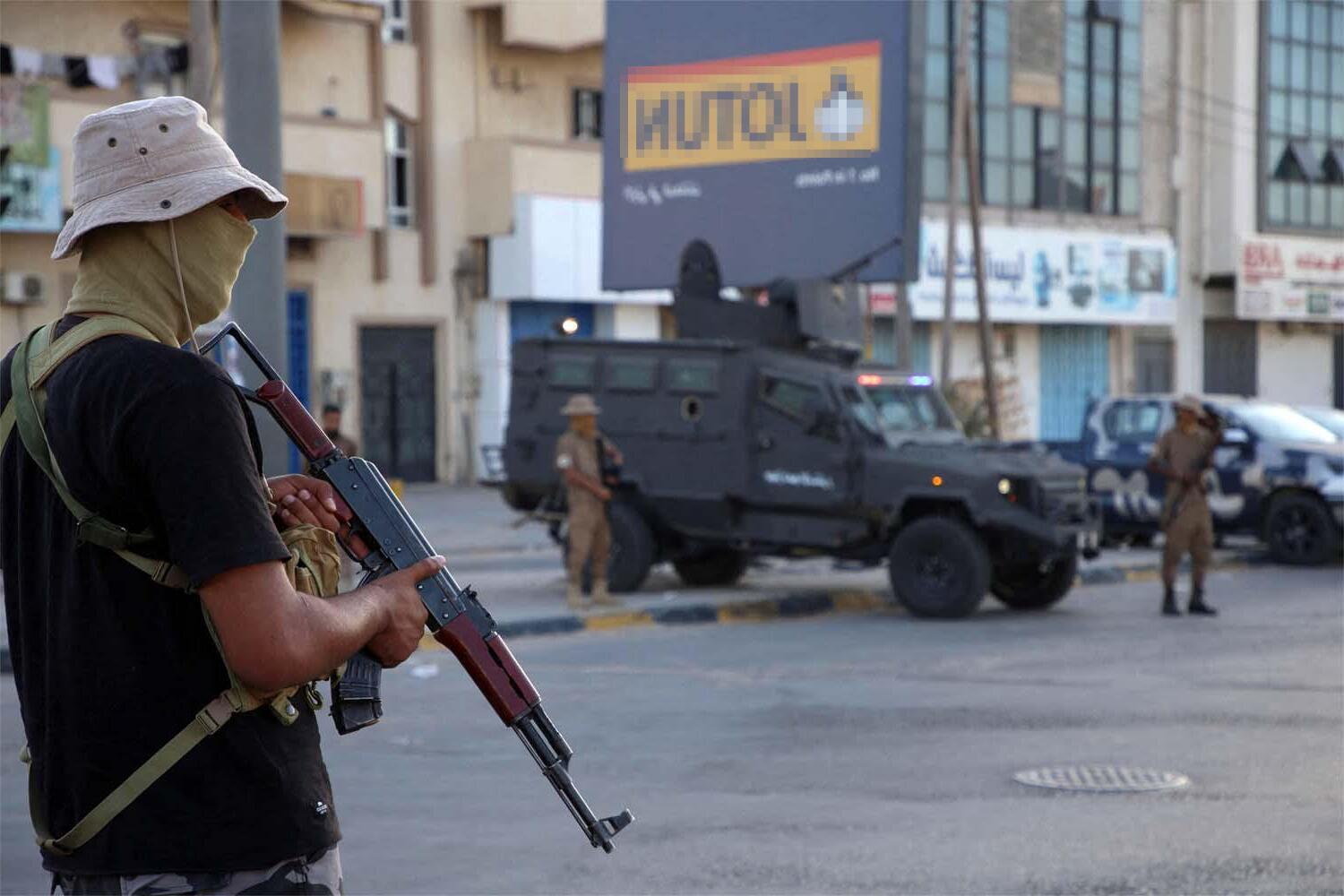
Factional violence in Libya has been a significant issue since the fall of Muammar Gaddafi in 2011. This North African nation, rich in oil, has seen various groups vying for power, leading to a complex and often chaotic situation. Why does factional violence persist in Libya? The answer lies in a mix of historical, political, and social factors. Tribal loyalties, regional rivalries, and the absence of a strong central government contribute to ongoing conflicts. Additionally, international interventions and the presence of extremist groups have further complicated the landscape. Understanding these dynamics is crucial for grasping the challenges Libya faces today.
Key Takeaways:
- Factional violence in Libya has caused a civil war since 2011, with two main factions, the GNA and LNA, leading to a severe humanitarian crisis and disruption of oil production.
- The historical context of Libya's conflict involves colonization, monarchy, and dictatorship, with key players like al-Sarraj and Haftar, impacting civilians and drawing in international involvement.
Understanding Factional Violence in Libya
Factional violence in Libya has been a significant issue since the fall of Muammar Gaddafi in 2011. Various groups have vied for power, leading to a complex and often violent struggle. Here are some key facts to help understand this ongoing conflict.
- Libya has been in a state of civil war since 2011, following the ousting of Muammar Gaddafi.
- The country is divided between two main factions: the Government of National Accord (GNA) and the Libyan National Army (LNA).
- The GNA is based in Tripoli and is recognized by the United Nations.
- The LNA, led by General Khalifa Haftar, controls the eastern part of the country.
- Numerous militias and tribal groups also play significant roles in the conflict.
- Foreign powers, including Turkey, Russia, and Egypt, have intervened, supporting different factions.
- The conflict has led to a severe humanitarian crisis, with thousands of civilians killed and displaced.
- Oil production, a major source of revenue for Libya, has been severely disrupted by the fighting.
- The city of Benghazi has been a major battleground, with significant destruction and loss of life.
- The conflict has also led to a rise in human trafficking and smuggling, particularly of migrants trying to reach Europe.
Historical Context of the Conflict
To fully grasp the current situation, it's essential to look at the historical context. Libya's modern history has been marked by periods of colonization, monarchy, and dictatorship.
- Libya was an Italian colony from 1911 until World War II.
- After the war, Libya became an independent kingdom in 1951.
- Muammar Gaddafi seized power in a coup in 1969, establishing a dictatorship.
- Gaddafi's regime was characterized by human rights abuses and suppression of political dissent.
- The 2011 Arab Spring protests led to a NATO intervention and the eventual overthrow of Gaddafi.
Key Players in the Conflict
Several key players have emerged in the Libyan conflict, each with their own agendas and alliances.
- Fayez al-Sarraj is the head of the GNA, based in Tripoli.
- General Khalifa Haftar leads the LNA and controls much of eastern Libya.
- The Misrata militias are powerful groups aligned with the GNA.
- The Zintan brigades are another influential militia, initially supporting the GNA but later aligning with Haftar.
- The Islamic State (ISIS) has also established a presence in Libya, exploiting the chaos.
Impact on Civilians
The ongoing violence has had a devastating impact on civilians, leading to widespread suffering and displacement.
- Over 400,000 Libyans have been internally displaced by the conflict.
- Many civilians lack access to basic services such as healthcare and clean water.
- Schools and hospitals have been damaged or destroyed in the fighting.
- The conflict has exacerbated existing ethnic and tribal tensions.
- Women and children are particularly vulnerable, facing increased risks of violence and exploitation.
International Involvement
The Libyan conflict has drawn in various international actors, each pursuing their own interests.
- Turkey has provided military support to the GNA, including drones and troops.
- Russia has backed Haftar's LNA, deploying mercenaries from the Wagner Group.
- Egypt and the UAE have also supported Haftar, providing financial and military aid.
- The United Nations has attempted to broker peace talks, with limited success.
- The European Union has imposed sanctions on individuals and entities involved in the conflict.
The situation in Libya remains fluid and complex, with no clear resolution in sight. Understanding these facts can provide a clearer picture of the challenges facing the country.
The Bigger Picture
Factional violence in Libya has deep roots and wide-reaching impacts. Understanding the historical context, key players, and current dynamics helps us grasp the complexity of the situation. This conflict isn't just about power struggles; it's about identity, resources, and survival. The international community plays a significant role, often complicating matters further.
For Libyans, daily life is a constant challenge, with violence and instability affecting every aspect. Yet, amidst the chaos, there are stories of resilience and hope. People continue to strive for peace and stability, even when the odds seem insurmountable.
By staying informed and understanding the nuances, we can better appreciate the struggles and aspirations of those living through this conflict. Knowledge is a step towards empathy and, hopefully, towards a more peaceful future for Libya.
Frequently Asked Questions
Was this page helpful?
Our commitment to delivering trustworthy and engaging content is at the heart of what we do. Each fact on our site is contributed by real users like you, bringing a wealth of diverse insights and information. To ensure the highest standards of accuracy and reliability, our dedicated editors meticulously review each submission. This process guarantees that the facts we share are not only fascinating but also credible. Trust in our commitment to quality and authenticity as you explore and learn with us.
